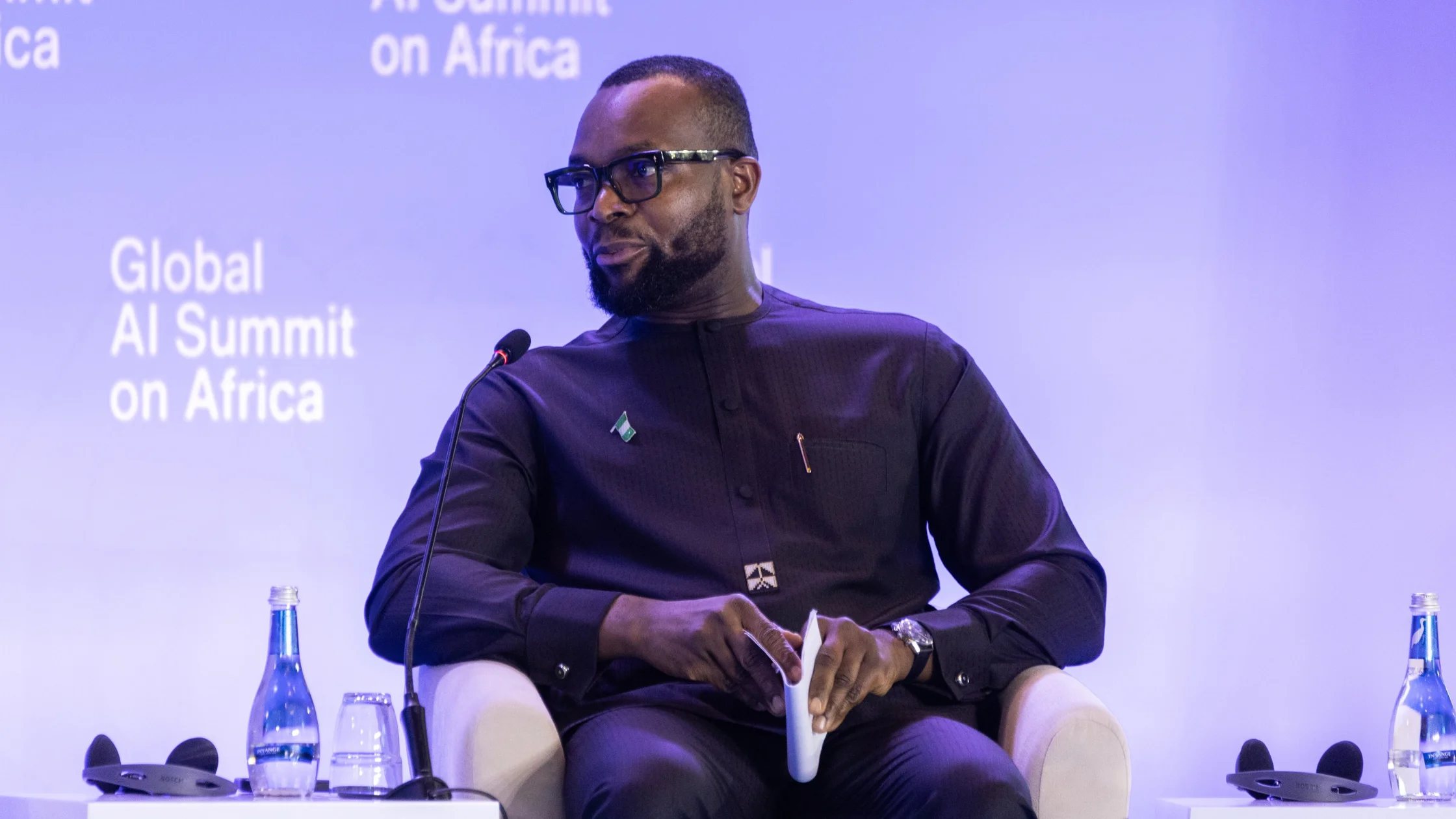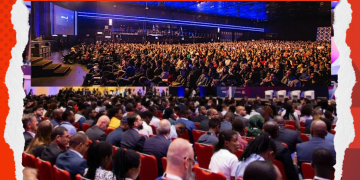At the opening session of the inaugural Global AI Summit on Africa, held in Kigali, Rwanda, Nigeria’s Minister of Communications, Innovation and Digital Economy, Hon. Bosun Tijani, delivered a powerful keynote on the immense potential and critical challenges of artificial intelligence (AI) on the African continent.
Speaking to a global audience of technologists, policymakers, and innovators, Tijani highlighted Africa’s youthful population as its greatest asset in the age of AI.
When we talk about youth in Africa, we’re talking about our superpower, that’s really what it is,” he emphasized. “In Nigeria alone, with over 230 million people, the average age is just 16.9 years. This is a continent brimming with young minds.
Turning Youth Potential into AI Leadership
Despite perceptions that Africa lags in AI development, Tijani argued that the continent possesses the core ingredients needed to lead the global AI ecosystem, particularly human capital.
While we may be slightly behind, we have the right ingredients to power AI globally — not just in Africa, he said.
He noted that developed nations are facing labor shortages in the tech sector, aging populations, and declining birth rates. In contrast, Africa has both the workforce and the motivation to thrive, if given the right investment and infrastructure.
To address this, Tijani shared that one of his first acts as minister was to launch the 3 Million Technical Talent (3MTT) programme, the largest technology talent accelerator in the world.
President Tinubu set the goal of creating one million technical jobs, but I told the team — if we want to create one million jobs, we must train more than that. So we set out to train 3 million people with at least 5% focused specifically on AI and machine learning.
Applied Learning, Not Just Training
Tijani emphasized that true transformation goes beyond theoretical learning. Nigeria has set up Applied Learning Centers across the country to ensure that young people not only learn AI but also build real-world solutions using it.
AI is ultimately about productivity. If we want to see local solutions powered by AI, we must equip young people with the tools to create them.
To that end, the Ministry has also established a national AI Collective — a community of practice uniting all stakeholders in Nigeria’s AI space.
The AI Collective is designed to bring everyone together — developers, researchers, and businesses — to create a thriving ecosystem that delivers proof of value through collaboration.
Localizing AI for African Realities
Tijani also stressed the importance of making AI relevant to local contexts, particularly by training AI systems in African languages and cultural nuances.
“There is no such thing as AI that isn’t local. For AI to work for us, it must reflect our languages and realities.”
He revealed that trainees under the 3MTT programme have already started building multimedia, machine-learning-powered datasets in local Nigerian languages — with plans to expand across Africa.
Some of our native languages are spoken by over 50 million people. These are significant languages that must be digitally captured and empowered through AI.
Sovereignty and Collaboration
Tijani closed by advocating for a collaborative yet sovereign approach to AI in Africa. He called for stronger ecosystems that balance global collaboration with national autonomy.
Africa must tap into the opportunities AI offers without compromising sovereignty. Our ecosystem must be part of the global conversation, but rooted in our own strengths.
As the Global AI Summit continues in Kigali, Hon. Bosun Tijani’s message is clear: Africa’s future in AI is not only possible — it’s inevitable, if we make the right moves today.














